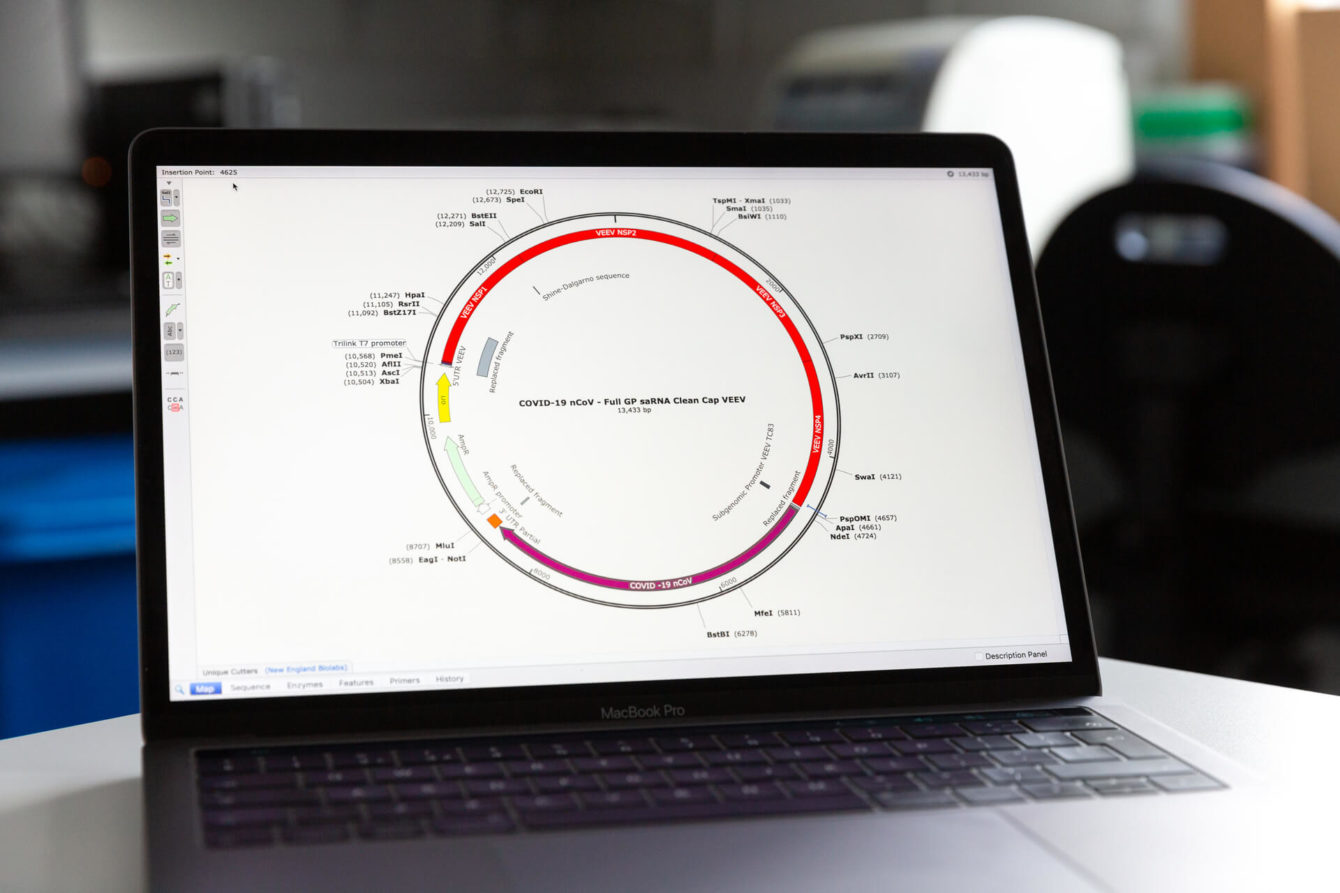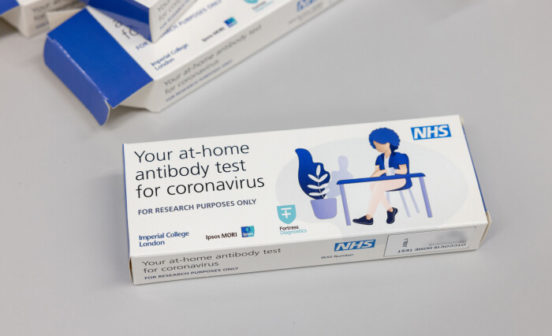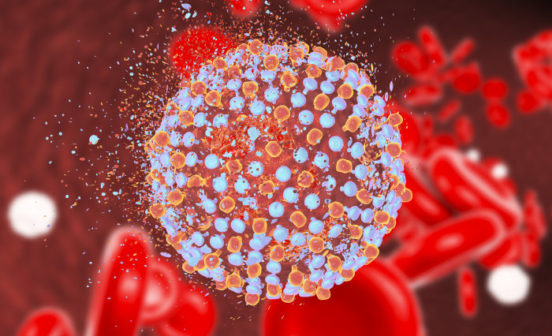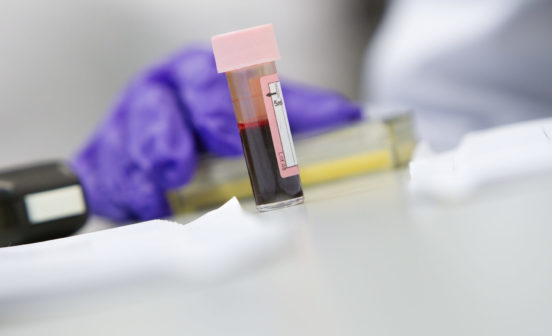AwardDiagnosticPreventionTherapeutic Imperial researchers secure funds to help tackle COVID-19

In the first round of funding announced by the UK Medical Research Council, two Imperial research projects are among the first to receive national funding as part of a stream of work to help fight the coronavirus pandemic. Work will begin at the College to develop a potential antibody therapy for COVID-19, as well as clinical project to help to answer some of the key questions about the symptoms and course of the disease.
A total of six projects were announced in the first batch of UKRI funding, sharing an estimated £10.5m, with further rounds of funding expected in the coming weeks.
Clinical surveillance
The International Severe Acute Respiratory Infection Consortium (ISARIC4C) project received a £4.9 million grant, where researchers from Imperial will work with colleagues from the Universities of Edinburgh and Liverpool to answer some of the most important questions about the course of the disease and the effects of treatment.
Professor Peter Openshaw from the National Heart and Lung Institute, supported by NIHR Imperial BRC will work with colleagues to collect clinical data and samples from hospital patients in the UK with COVID-19. The data that this study will generate will underpin clinical decision making and provide a foundation for improved understanding of the disease.
Antibody therapy
The second project received a £0.6 million grant, that will be led by Professor Xiaoning Xu, from the Department of Infectious Disease at Imperial College London, to develop a therapy to treat COVID-19. Working with the University of Kent, Hong Kong University and the National Institute for Biological Standards and Control, the researchers will develop antibodies that target the virus with the aim of developing a new therapy for COVID-19.
The study was funded by the Medical Research Council and supported by NIHR Imperial BRC.
Read the full story by Ryan O’Hare, Imperial College London here.





